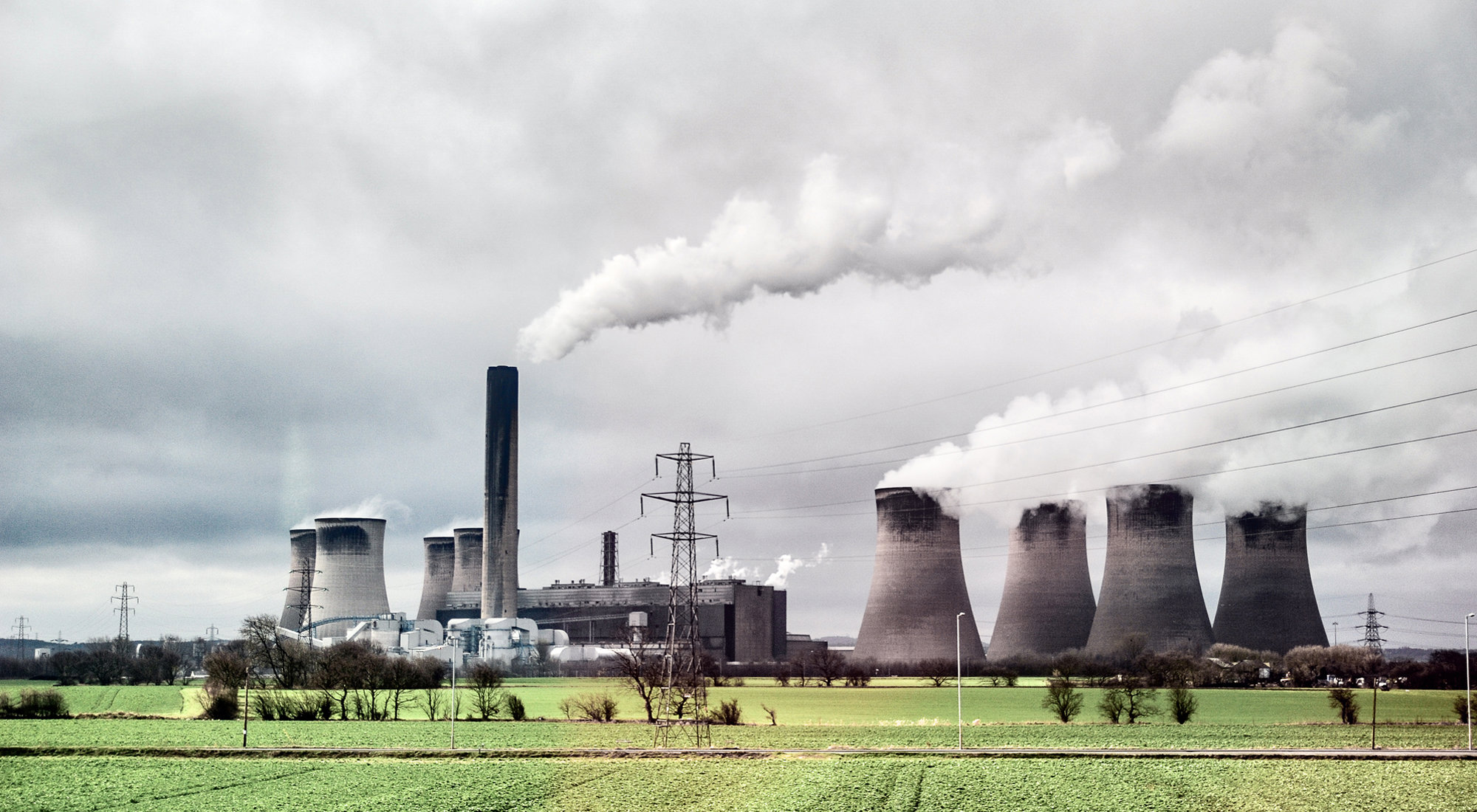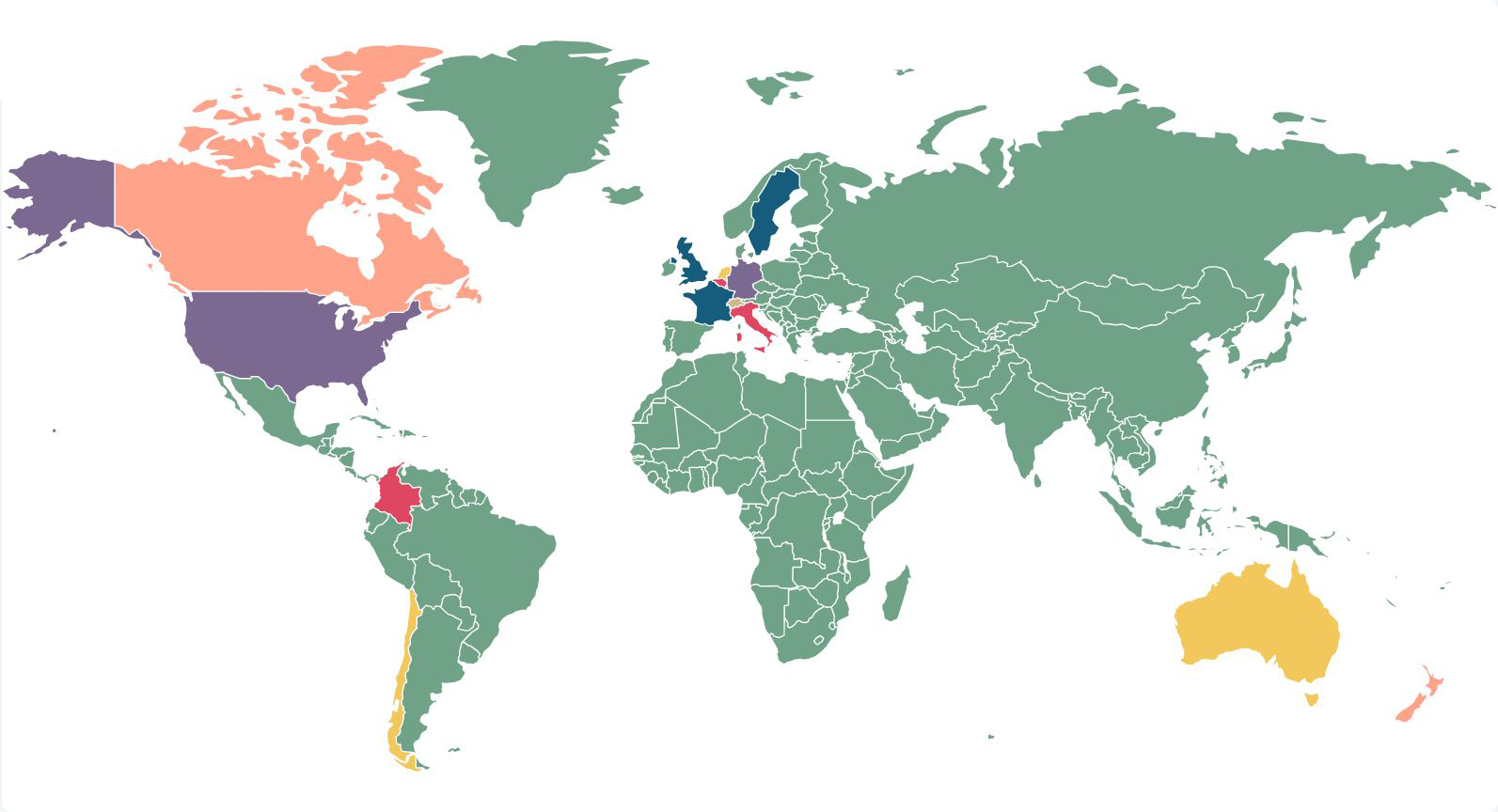The impact of climate change on the global economy and society in general is complex and far reaching, and is now being felt: homes and businesses are increasingly vulnerable to climate change related disasters; pollution is damaging children’s health; climate change litigation is on the rise; and consumers are demanding clean energy and products. Legislation requires the government to reach net zero carbon emissions by 2050 and regulators, investors and climate activists are flexing their muscles to push companies to assess and disclose their climate change risks within the remit of ESG. We have experts in the key specialisms of insurance, risk management, planning, regulation, the environment and construction both in the UK and internationally who work collaboratively to help our clients meet the cross sector and cross border challenges of climate change. As trusted advisors, we work with our clients to identify the risks, take appropriate action to mitigate the effects, protect their position and keep them up to date with developments so they can make the right decisions for their business.
Informed Insurance
Informed Insurance

Climate change litigation in 2026: Actions in Asia and Africa highlight increasing risks for states and corporates
To accompany the fifth edition of our interactive climate change litigation map, our experts look back over the significant decisions from 2025 and...

A green light for Italian climate change litigation: Greenpeace and others v ENI
The Court of Cassation in Italy has handed down a judgment that will have wide-reaching implications for climate change litigation in Italy, after ...

A starting point, but not the final word: International Court of Justice issues landmark climate opinion
The International Court of Justice has issued a historic advisory opinion that states worldwide have legally binding obligations under climate chan...

Our Top Five Economic predictions for 2025
To highlight our new economic theme on Informed Insurance, Charlotte Shakespeare, Legal Director and editor of our Predictions for 2025, shares her...

Our Top Five ESG predictions for 2025
In our ongoing #DACBCrystalBall series, Charlotte Shakespeare, Legal Director and editor of our Predictions for 2025, shares her Top Five ESG predi...

Predictions 2024 – Charlotte Shakespeare's Top Ten
In our ongoing #DACrystalBall series, Charlotte Shakespeare, Legal Director and editor of our Predictions for 2024, once again shares her Top Ten p...




